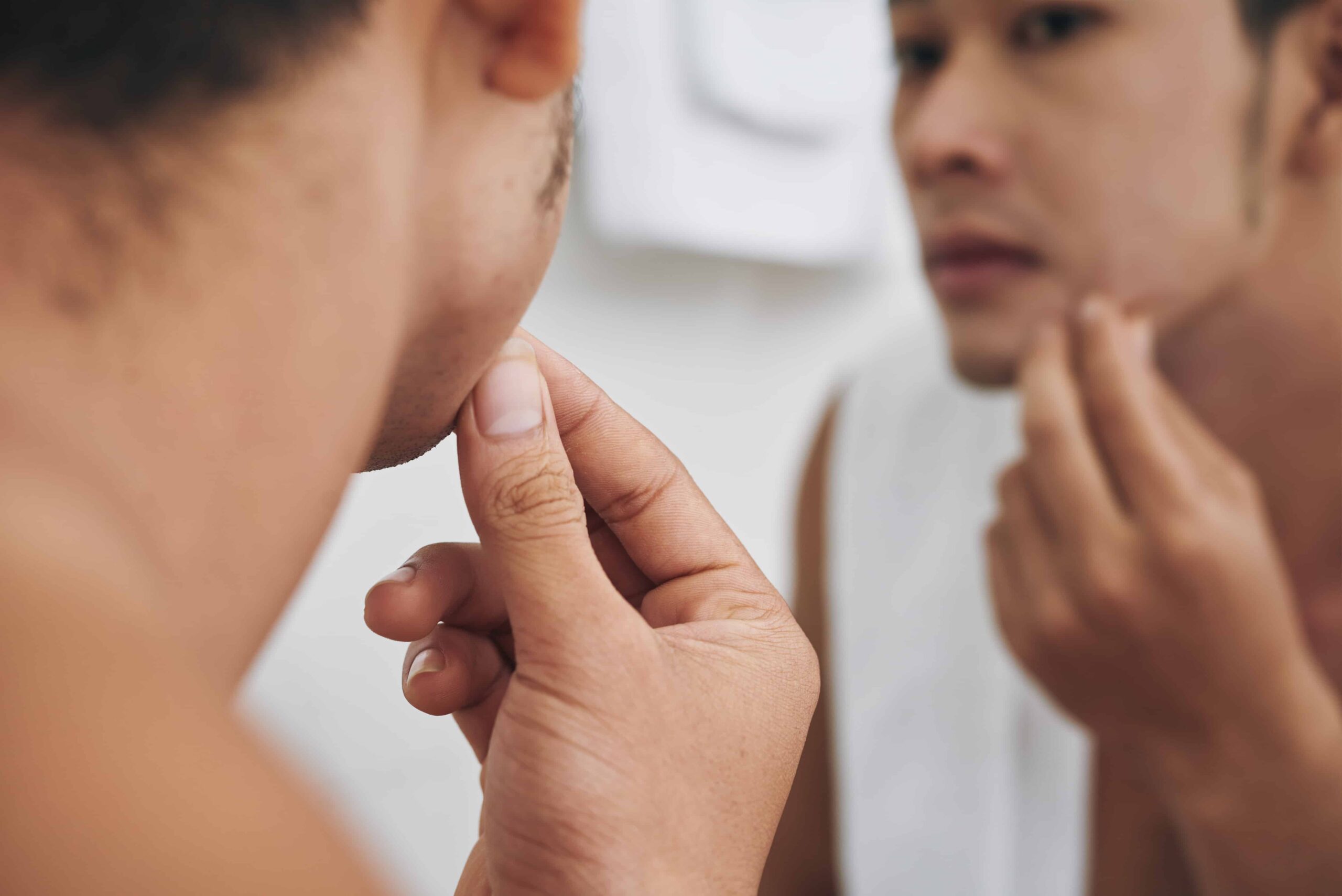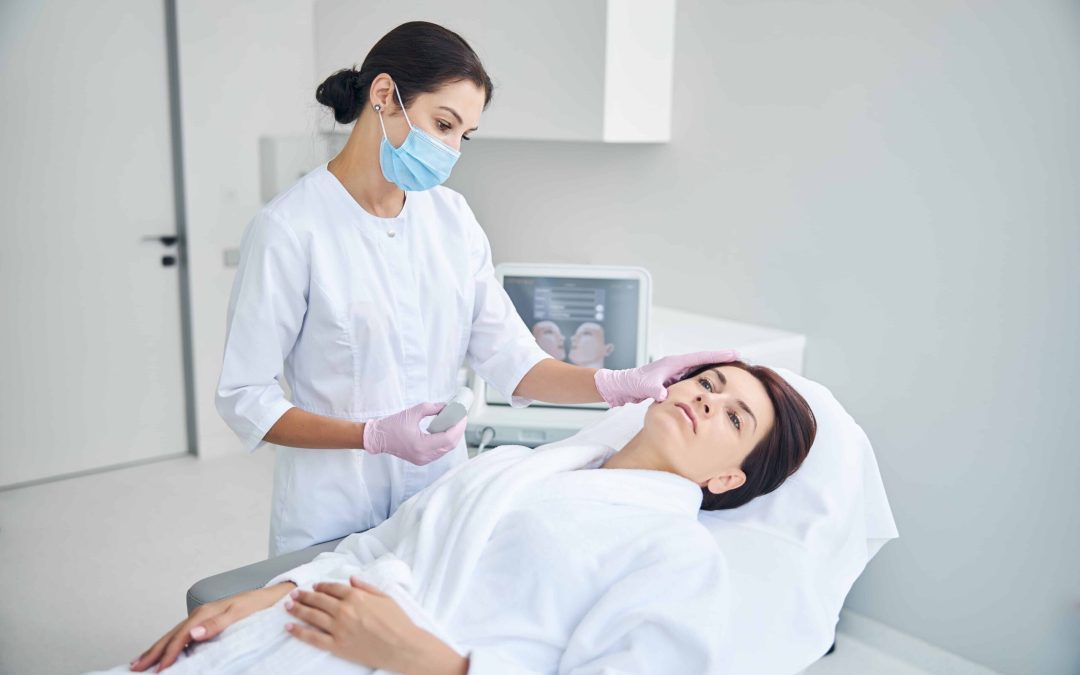Scheduling regular appointments with a dermatologist is an essential part of taking care of your skin, hair, and nails. Aside from helping you achieve flawless skin, dermatologists have the ability to catch skin cancer at its earliest stages and provide you with helpful resources and treatments.
Why Look For Dermatologists
By having a dermatologist you can benefit from their knowledge in educating, screening, and treating various skin issues. Having a dermatologist enables you to receive prescription treatments that are over-the-counter and present you with the most effective results for your acne. Specialists are trained to identify your skin type and provide you with recommended products and skin treatments that are safe and will work best just for you.
Many patients suffer from eczema, scars, and other types of skin damage. Maintaining healthy skin and preventing more damage can be difficult on your own. A dermatologist can be used as a great way to learn the best practices for taking care of your skin especially if you have experienced problems in the past with acne scars, discoloration of the skin, or stretch marks. Everyone’s skin care routine is different. For example, it can be difficult to find products for those with sensitive skin. Most generic skin care products you find in stores can strip the skin and leave your face dry and irritated.
Visit your dermatologist to get solutions to your skin problems right away and skip the frustration of spending an endless amount of money testing all the skin care products on the market. From cleansers, scrubs, moisturizers, toners, and more, you and your dermatologist can come up with the perfect skin care routine that will keep your skin looking healthy.

Protecting Your Skin
It can be difficult to know where to start when you decide you want to make healthy skin a priority in your life. Thoroughly taking care of your skin for the first time is a lifestyle change and having specialized guidance is crucial to achieving healthy skin, hair, and nails.
Healthy skin doesn’t occur just from having a good skincare routine. Preventative actions also make a difference. If you wear makeup regularly, your dermatologist may recommend you avoid certain products or suggest safer ones to try. Dermatologists can also suggest hypoallergenic makeup brands or brands that are geared more towards sensitive skin. They can educate you about harmful practices you may be unconsciously doing on a regular basis that are damaging your skin overtime.
Sunscreen is a must. Many underestimate its importance and forget to implement it into their daily routine. By using moisturizers and makeup that protects your skin from harmful rays, you can decrease your chances of developing skin cancer and other damage.
Skin Cancer
The rapid growth of abnormal cells in the epidermis is caused by unrepaired DNA damage that triggers mutation. The out-of-control growth can cause tumors to form so it’s important to schedule regular skin check ups or screenings with your dermatologist to ensure you are healthy. The most common types of skin cancer are basal cell carcinoma (BCC), squamous cell carcinoma (SCC), melanoma and Merkel cell carcinoma (MCC).
When exposed to ultraviolet (UV) rays or tanning beds, it increases the chances of developing skin cancer. However, today’s technology makes it possible to catch skin cancer early and provide patients with special treatments as soon as possible.
Your dermatologist can provide you with resources, information, and the treatment you need to obtain healthy skin. By visiting a dermatologist, you increase your chances of detecting skin cancer in its earliest stages. Moles or certain spots on your skin have the ability to change in color, size, or shape. These signs can be checked by a dermatologist in order to verify if it is a serious matter because these symptoms often point to skin cancer. By catching skin cancer early, you may be able to receive treatments that leave little to no scarring.

What to Expect at Your First Dermatology Appointment
Your first dermatology appointment is all about developing a relationship with your dermatologist. After filling out your paperwork with medical information, you will meet with a dermatologist and discuss potential concerns about your skin, hair, or nails. A full body examination will take place to get a baseline of your skin type. It’s important to identify whether you have sensitive skin, normal skin, dry skin, oily skin, or both. This will allow your dermatologist to recommend treatments and products that best fit you. You will most likely dress down to your underwear and gown to be checked head to toe. Your dermatologist may use a special magnifying glass called a dermatoscope to thoroughly check for skin problems. If there is a suspicion of something serious, a biopsy may be required to investigate the matter in order to stay on top of your health.
With communication being an essential part of your first appointment, it is necessary to be open and express your concerns, and ask lots of questions. Your dermatologist can educate you about treatments, products, and healthy skin care practices that may benefit you and your unique skin type. Dermatologists can also inform you on how to check for warning signs of skin cancer as well. Bring a list of the products you currently use such as makeup, cleansers, and more for your dermatologist to reference when deciding what may be preventing you from having healthy skin you desire.
Preparing For Your Visit
Do you know how to prepare for your first dermatology visit? It is okay if you’re lost. The process can be confusing at first. When taking care of your skin, it is quite common to run into challenges along the way. Luckily, dermatologists are ready to help and assist you through what you may feel is an “uphill battle”.
To prepare for your first visit, you should start by checking with your health insurance plan. This enables you to get an idea of what services are covered or if you need a referral from your primary care doctor before proceeding with setting up an appointment. Upon arrival, make sure you have the necessary identification and medical cards on hand. It is a great idea to make a list of questions for your dermatologist. You should also make note of all medications you take and let your dermatologist know before they move forward with any prescribed drugs. The first visit appointment can be a great way to develop a relationship between you and the dermatologist.
Associated Dermatologists are all board-certified specialists, and we want to help YOU fight through your medical dermatology needs. See all our services we offer so that you can achieve healthy skin, hair, and nails today.

